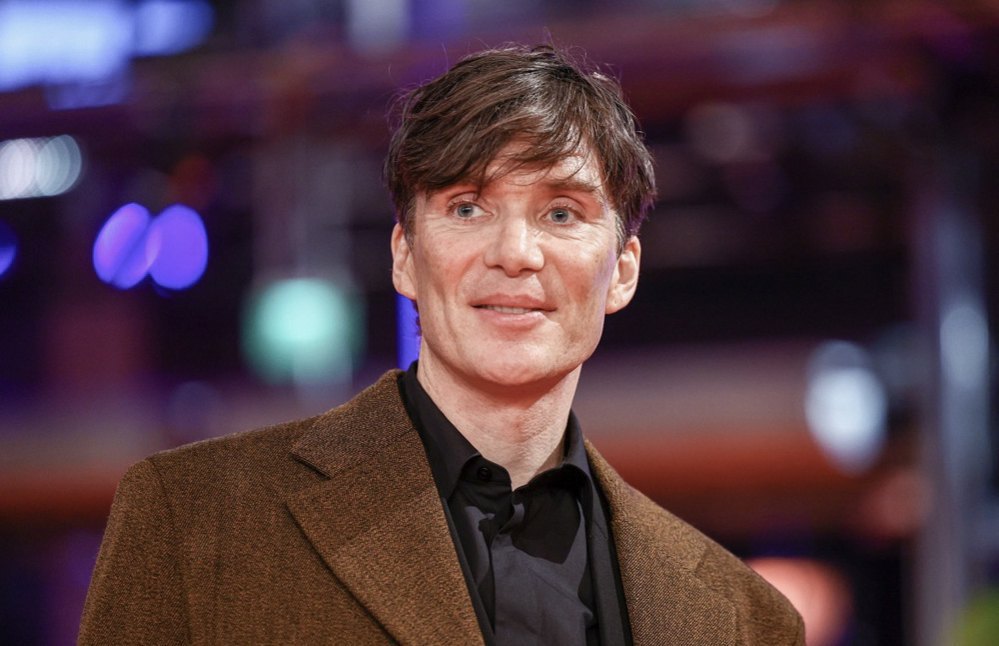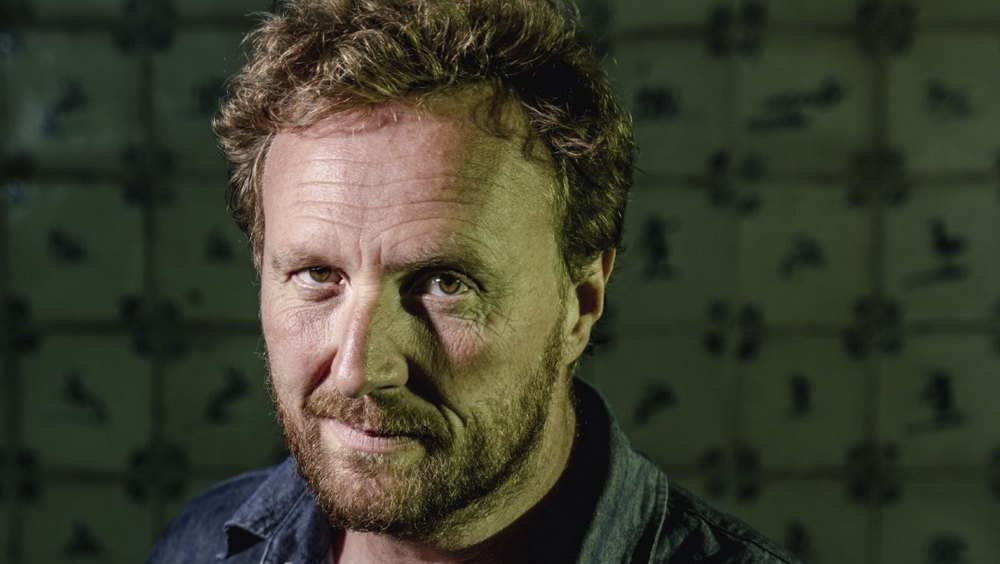
Tim, is Small Things Like These a Christmas film?
Tim Milants: How wonderful! I believe it is. I share that opinion. It’s set during Christmas, and there are clear associations with Dickens.
After Pointy Hats, it’s quite surprising to see such a quiet – in a good way – and gentle film. How do you develop the concept of your projects?
Tim Milants: I think of filmmaking as tuning an old radio – you keep adjusting until all you hear is music. This story called for simplicity and honesty, for vulnerability and deep sensitivity in every form. That is what I aimed to achieve.

Cillian, it’s a recurring pattern that actors turn to smaller films after major productions. Why do you think that is the case for you?
Cillian Murphy:There’s no plan or ambition behind it. We were actually meant to make Small Things Like These before Oppenheimer, but we postponed it as Oppenheimer was already set for production. So it all happened randomly – it’s about what’s going on around me or what arrives first.
In your Actors on Actors interview with Margot Robbie, you asked a lot about producing. It was clear you’re passionate about it. What was your experience like producing Small Things Like These?
Cillian Murphy: Oh, it was fantastic – I really enjoyed it. It’s the creative part of the work that I love: assembling people, discussing scripts, music, colour grading, being involved in the editing process – all the things you don’t usually get to do as an actor. But most of all, I enjoy bringing together talented professionals and unexpected collaborators to see what emerges.
Tim, tell us about the visual choices – the frequent use of shots through glass and similar techniques. How did that concept develop?
Tim Milants:I enjoy minimalism in cinema. I want to act as a quiet observer – not someone who interferes with the cinematic reality. I avoid dramatic storytelling – I prefer subtlety and sensitivity. I was inspired by the work of Yasujiro Ozu, the Japanese master, and also by Akira Kurosawa. So yes, I tried to be as quiet as possible.
So you’re a Belgian director who made a film about Ireland – and were inspired by Japanese cinema?
Tim Milants:It sounds absurd, but yes – it’s an international triangle.
Enda, the subject of the Magdalene Laundries is arguably more closely connected to women’s experience. Why did you, as a man, choose to take on this story?
Enda Walsh: First and foremost, I wanted to stay as close to the source material as possible. The central character in the book is Bill – a very quiet man, surrounded by women. These women had a profound impact on him. So I didn’t add anything or seek an alternative angle – I simply aimed to remain faithful to the novel.
You’d have to ask the author why she chose a man – and a man like that – as her protagonist. But she did so with remarkable power. I was deeply moved and found myself reflecting on the fact that many of the young women who ended up in the Magdalene Laundries had been abandoned by the men who fathered their children. Those men disappeared – but not our protagonist. He himself is the son of an unmarried mother. That makes it all the more compelling.
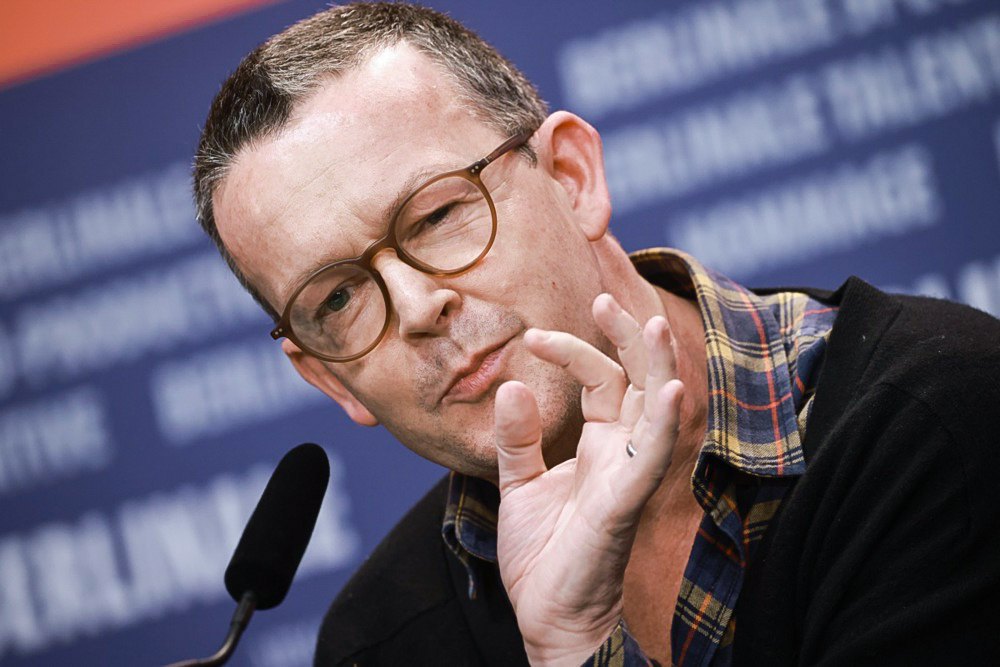
As for whether this topic resonates beyond Ireland – mother and baby homes are not unique to our country. But that is not the central issue. What truly matters is the exposure of injustice inflicted on people when an entire society becomes complicit in it. It wasn’t just the Church and the State seeking to control young mothers – society at large took part in that control. When it should have challenged the institutions, it instead reinforced them.
Eileen, you previously appeared in Peter Mullan’s The Magdalene Sisters, which also portrayed a correctional institution for “fallen women”. Does this subject still linger with you?
Eileen Walsh: Yes, of course it does – absolutely. It’s a profoundly significant chapter in Irish history. The mid-1980s – 1984 and 1985 – were years of deep unrest due to Church repression in Ireland. There were numerous disturbing cases: the Kerry Babies case, and the death of Ann Lovett – a 15-year-old girl who died during childbirth, alone, on the street near a small religious shrine.
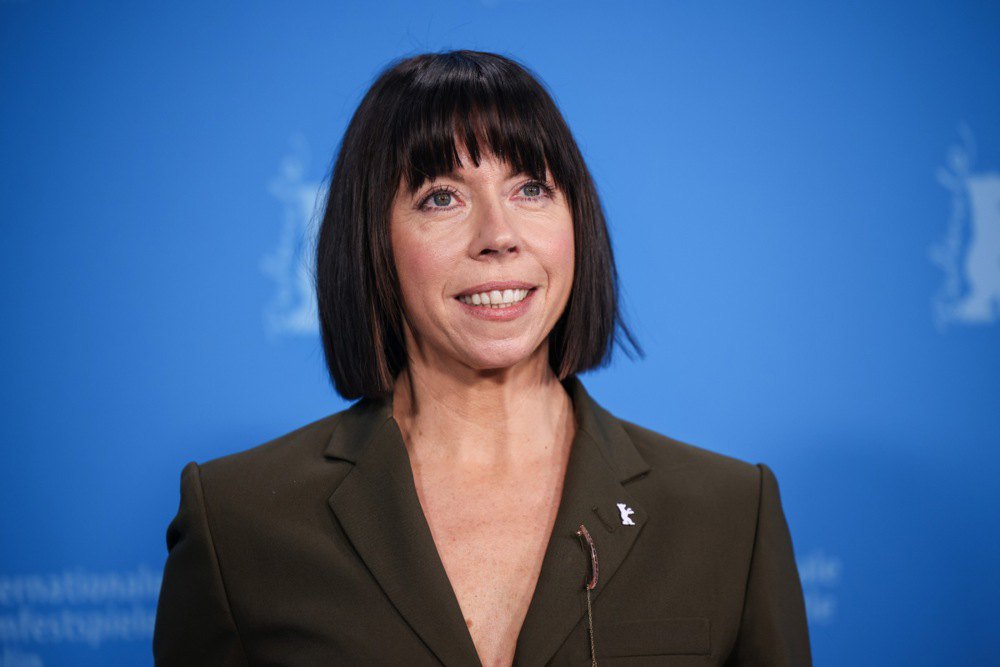
Our story is set during those very years, so yes – it still haunts me. It’s striking that, over the course of my life, I’ve portrayed both a young woman inside the Magdalene Laundries and now a woman in her forties on the outside looking back.
Cillian, what was it about the role of Bill Furlong that made you want to keep it for yourself?
Cillian Murphy: Well, we’re roughly the same age, so I felt I ought to play him. On the surface, it seems like a simple story – but it’s actually incredibly complex, with many layers. What really intrigued me was that he’s a man of few words. It was an appealing challenge – to portray him without relying on dialogue, and instead convey his emotions and inner world through silence.
Eileen, I read that you and Cillian have known each other for a long time. Is it difficult to play a married couple when you’ve known someone for years?
Eileen Walsh: Yes – it works because there’s genuine affection, and that always shows. And I’m sure I annoy him just like a real wife would – although Cillian’s actual wife is very nice! I think the familiarity between us helped to give our characters’ relationship emotional weight and depth.
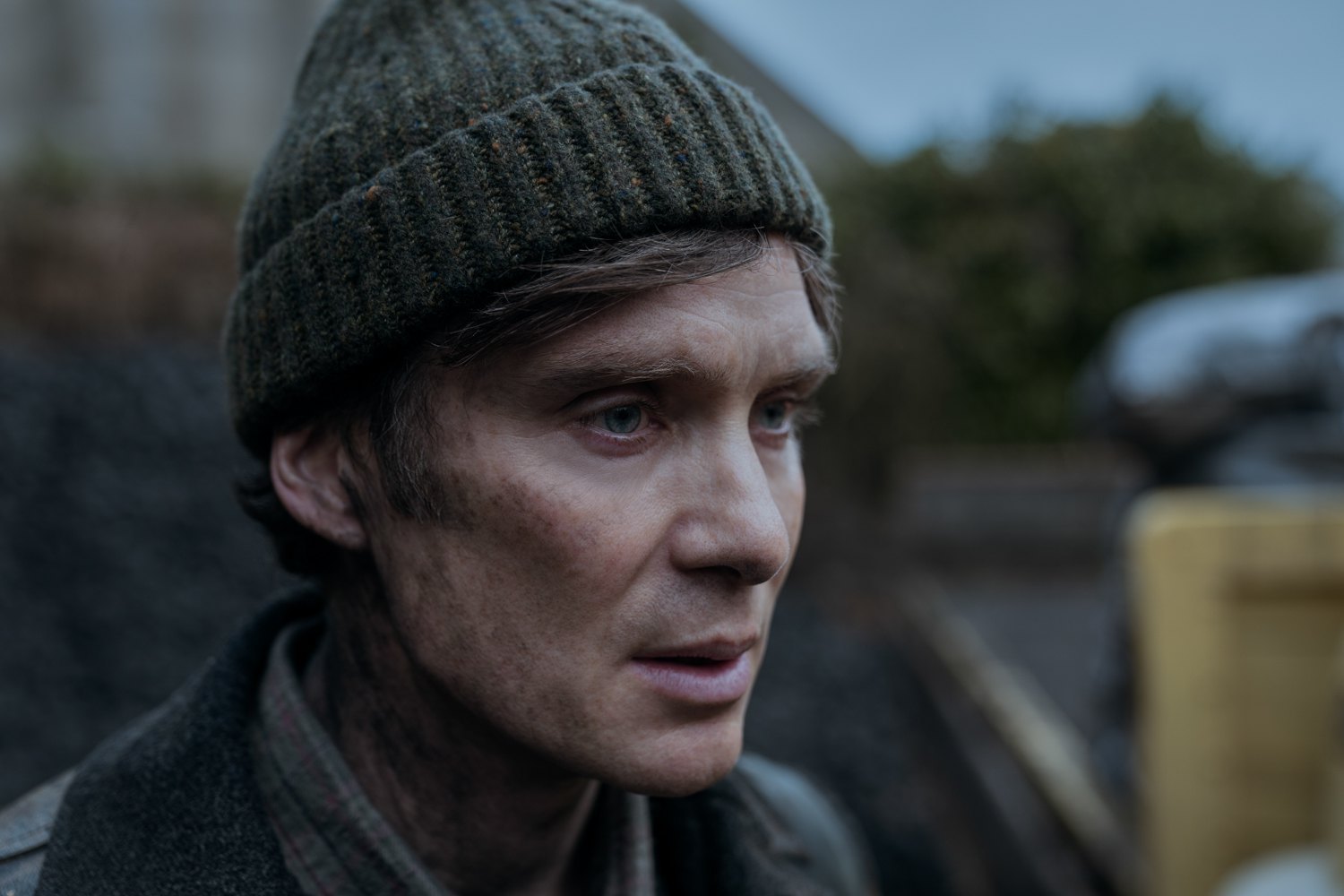
Cillian, your photo with Mstyslav Chernov – who won an Oscar for 20 Days in Mariupol – went viral in Ukraine. Are you still in touch?
Cillian Murphy:Yes, we met up again in Dublin. I think his film is extraordinary – truly extraordinary. I was so pleased it won. We kept bumping into each other throughout the Oscar campaign. He’s already working on a new film now, isn’t he? The entire world should see 20 Days in Mariupol.
Do you believe cinema can change the world?
Cillian Murphy: I don’t think cinema can change the world – but it can change people who can change the world.
